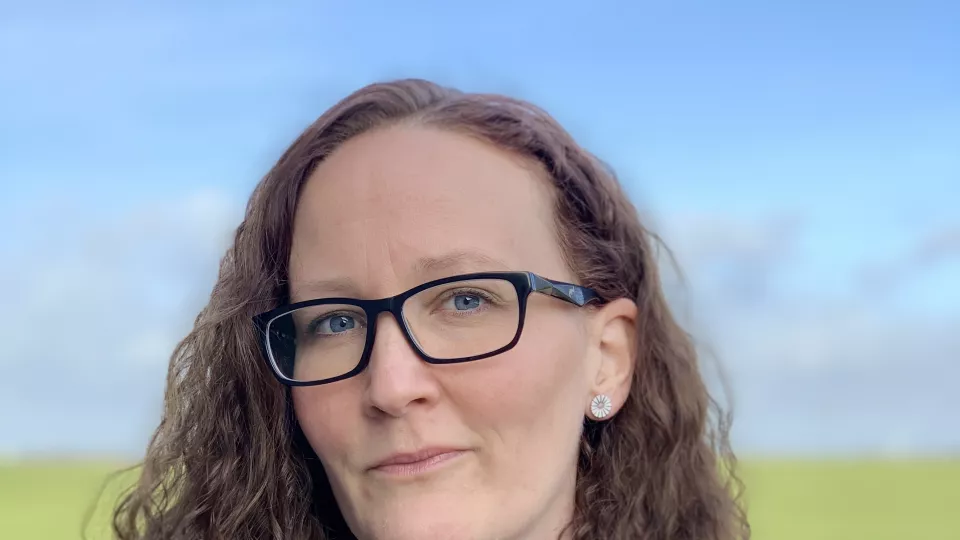The involvement can look different and be to different extents, in different parts of the research process or in the whole process. Christine Etzerodt Laustsen believes that when professionals are involved in research, the intended outcome of the involvement, the process of involvement and the conditions must be taken into account.
The right conditions required
- It must be ensured that there are the right conditions for professionals to be involved in the way that is desired and needed to achieve common goals. It may be that they need time set aside in their regular work to get involved in research or support from managers and colleagues. The relationships between the researchers and the professionals and they meet each other are also important. Having trusting relationships is fundamental.
Open dialogue important
It is therefore of great importance how researchers treat the professionals to enable their involvement.
- Research is characterized by a structured and systematic approach, but around involvement, researchers need to continuously reflect on how they meet the people who are to be involved. The workflow in the project needs to be structured, but you must also talk about what you want to characterize the interactions you have and have an open and continuous dialogue about what values you are based on and what the relationships should look like.
How do you view your time in SWEAH?
- It has been a great privilege to be able to be part of SWEAH during the doctoral period. I have been able to take courses with a focus on aging and health and I have been able to meet other PhD students from other disciplines and discuss different perspectives. This has been instructive and rewarding for me. I hope I have a network for continued collaboration on research. Then I had the opportunity to go on a research stay with funds from SWEAH, which was exciting and educational. I then had the opportunity to meet other researchers and discuss how to work with involvement in research.
What is the connection to the research program UserAge?
- My dissertation is part of the research program UserAge, in which the goal is to gain more knowledge about the involvement of older people, relatives and professionals in research in aging and health. UserAge is a collaboration between Lund University, University of Gothenburg, Linnaeus University and Kristianstad University. I have been connected to the Research Platform for Health in collaboration at Kristianstad University. Being a part of UserAge has given me the opportunity to discuss and develop my own perspective on involvement in research and put it in a larger context.
What are you going to do now?
- I will teach at Kristianstad University, the Faculty of Health Sciences, both in the nursing program and in the masters program for integrated science. Then I plan for further research, both about collaboration between researchers and professionals but also about collaboration within the municipality.


